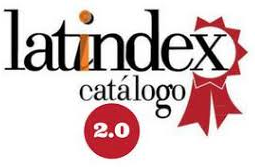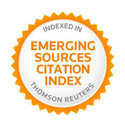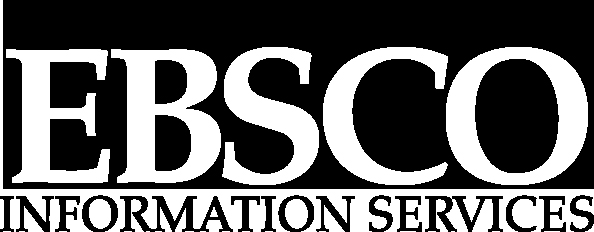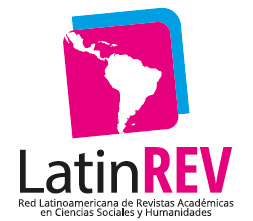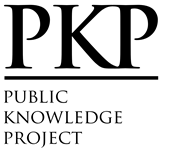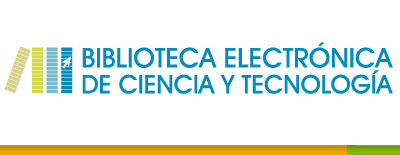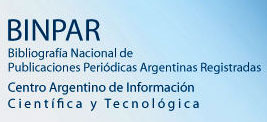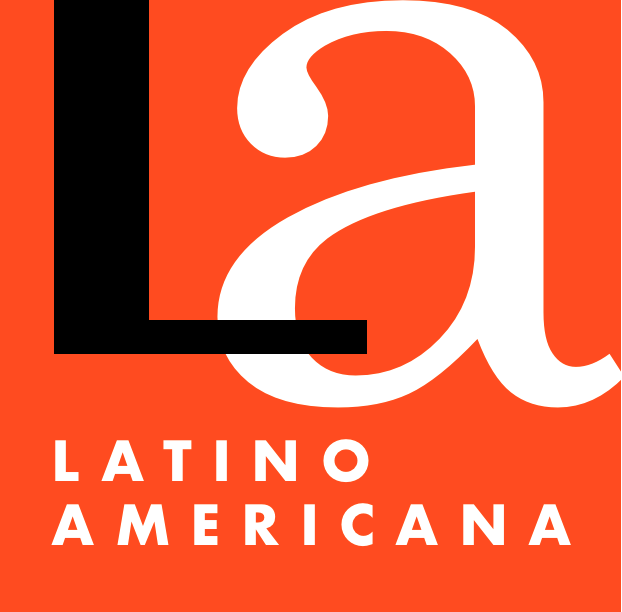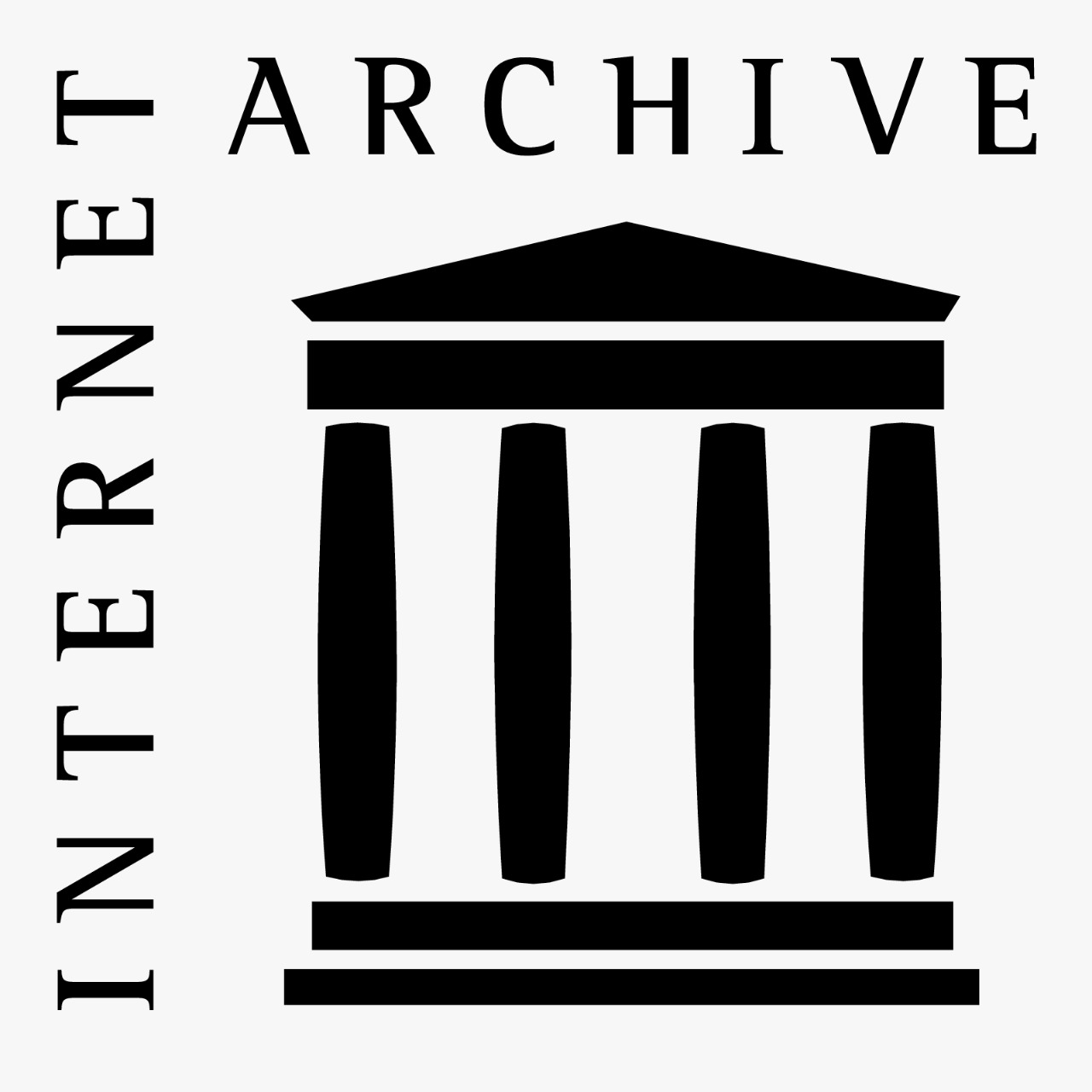Among intellectuals and experts
A look at American debates on communications media (1940-1950)
Abstract
This article considers the discussions that part of the United States intelligentsia, in the late 1940s and early 50s, had about the relationship between communications media and society. Specifically, it delves into the theoretical reflections of authors such as Paul Lazarsfeld, Harold Lasswell, Robert Merton, and Gladys and Kurt Lang. Our analysis stems from our exploration of the academic itineraries of the aforementioned authors and their place among American intellectuals. With this as our starting point, we reconstruct three lines of inquiry that, with varying degrees of intensity, preoccupied this group of investigators: processes of cultural democratization, the reach and limits of mass media’s social function, and media’s political influence. By thinking about how the outputs of these authors relate to each other, we can visualize the divergences and nuances within the American communications tradition known as Mass Communication Research.
Downloads
References
AAVV. ([1940] 2001). La investigación sobre la comunicación de masas. REIS, 95, p. 185-210.
Cole, Jonathan (2004). Paul F. Lazarsfeld: His Scholarly Journey. Discurso pronunciado en “An International Symposium in Honor of Paul Lazarsfeld”, realizado en Bruselas, los días 4-5 de junio. Disponible en: http://www.columbia.edu/cu/univprof/jcole/_pdf/2004Lazarsfeld.pdf (Consultado: 15 de diciembre de 2017)
Bourdieu, Pierre (2011) [1990]. Las condiciones sociales de la circulación de las ideas. En Intelectuales, política y poder. Buenos Aires: Eudeba.
Bourdieu, Pierre (2014) [1984]. Homo academicus. Buenos Aires: Si¬glo XXI.
Chartier, Roger (1992). El mundo como representación. Estudios sobre historia cultural. España: Gedisa.
de Moragas, Miquel (ed.) (1985). Sociología de la comunicación de masas. Barcelona: Editorial Gustavo Gili
de Moragas, Miquel (2013). Interpretar la comunicación. Estudios sobre medios en América y Europa. España: Gedisa.
Doohm, Stefan (2005). Adorno: A Biography. Cambridge: Polity.
Fleming, D. y Bernard, B. (1969). The intellectual migration: Europe and America, 1930-1960. Estados Unidos: Harvard University.
Galindo Cáceres, Luis (2007). La sociología funcionalista y la comunicología histórica. Un apunte historiográfico de una versión histórica. Question, 1, 16. Disponible en: http://perio.unlp.edu.ar/ojs/index.php/question/article/viewFile/443/367 (Consultado el 12 de diciembre de 2017)
Gómez Aguirre, M. y Resico, M. (2009). La crisis de 1930 y las políticas del New Deal. Un examen desde la Economía y las Instituciones. Ensayos de Política Económica, 3. Disponible en: http://bibliotecadigital.uca.edu.ar/repositorio/revistas/crisis-1930-politicas-new-deal.pdf (Consultado el 7 de diciembre de 2017).
Graham, Sarah (2016). Culture and Propaganda. The Progressive Origins of American Public Diplomacy, 1936-1953. Estados Unidos: Routledge.
Hobsbawm, Eric ([1994] 2006). Historia del siglo XX. Buenos Aires: Crítica.
Jay, Martin (2017). Exilios permanentes. Ensayos sobre la migración intelectual alemana en Estados Unidos. Argentina: El cuenco de plata.
Lang, K. y Lang, G. ([1955] 1985). Los “mass-media” y las elecciones. En de Moragas, M. (ed.) Sociología de la comunicación de masas. Barcelona: Editorial Gustavo Gili, 431-451.
Lazarsfeld, Paul (1940). Radio and the printed page. Estados Unidos: Duell, Sloan & Pearce.
Laswell, Harold ([1948] 1985). Estructura y función de la comunicación en la sociedad. En de Moragas, M. (ed.) Sociología de la comunicación de masas. Barcelona: Editorial Gustavo Gili, 192-206.
Lazarsfeld, P. y Merton, R. ([1948] 1985). Comunicación de masas, gustos populares y acción social organizada. En de Moragas, M. (ed.) Sociología de la comunicación de masas. Barcelona: Editorial Gustavo Gili, 172-191.
Lazarsfeld, Paul ([1953] 1985). La campaña electoral ha terminado. En de Moragas, M. (ed.) Sociología de la comunicación de masas. Barcelona: Editorial Gustavo Gili, 394-409.
Lazarsfeld, P., Berelson, B. y Mcphee, W. ([1954] 1985). Procesos políticos: la misión de los “mass-media”. En de Moragas, M. (ed.) Sociología de la comunicación de masas. Barcelona: Editorial Gustavo Gili, 410-430.
Mattelart, A., Mattelart, M. y Piccini, M. ([1970] 1977). Los medios de comunicación de masas. La ideología de la prensa liberal. Caracas: el cid editor.
Mattelart, Armand (1996). La comunicación-mundo. Historia de las ideas y de las estrategias. Argentina: Siglo XXI.
Mattelart, A. y Mattelart, M. (1997). Historia de las teorías de la comunicación. España: Paidós.
Merton, R. (1949). Patterns of influence: a study of interpersonal influence and of communications behavior in a local community. En Lazarsfeld, P. y Stanton, F. (comps.), Communications research, 1948 -1949. Estados Unidos: Harper & Brothers.
Neiburg, F. y Plotkin, M. (2004). Intelectuales y expertos. La constitución del conocimiento social en la Argentina. Argentina: Paidós.
Reisch, Zachary (2014). The Institute for Propaganda Analysis: Protecting Democracy in Pre-World War II America. Estados Unidos: Haverford College/Department of History.
Siepmann, Charles (1953). El siglo de la televisión. El Correo, 6, 3.
Supa, Dustin (2009). The Origins of Empirical Versus Critical Epistemology in American Communication. American Communication Journal, 11, 3. Disponible en: http://ac-journal.org/journal/2009/Fall/4TheOriginsofEmpirical.pdf (Consultado el 15 de diciembre de 2017).
Swingewood, Alain (2003). El mito de la cultura de masas. México: Ediciones Coyoacán.
Torres Albero, C. y Lamo de Espinosa, E. (2003). In memorian Robert K. Merton (1910-2003). REIS, 100.
Wiggershaus, Rolf ([1986] 2011). La Escuela de Fráncfort. Argentina: FCE.
Wolf, Mauro ([1987] 2011). La investigación de la comunicación de masas. Críticas y perspectivas. Ciudad de Buenos Aires: Paidós.
Copyright (c) 2018 Roberto Emiliano Sánchez Narvarte

This work is licensed under a Creative Commons Attribution-NonCommercial 4.0 International License.
The authors retain the copyright and guarantee the journal the right to be the first publication of the work. In case that a translation of the article already published in Austral Comunicación can be published in another journal, it is requested to record the original publication in the translated version.
The license used is CC BY-NC-SA, which allows sharing (copying and redistributing the material in any medium and format) and adapting (remixing, transforming and building on the material) under the following terms: attribution (acknowledge authorship) and non-commercial (the material cannot be used for commercial purposes). Update: February 1, 2022.
Austral Comunicación allows the author (s) to retain the publication rights without restrictions.








